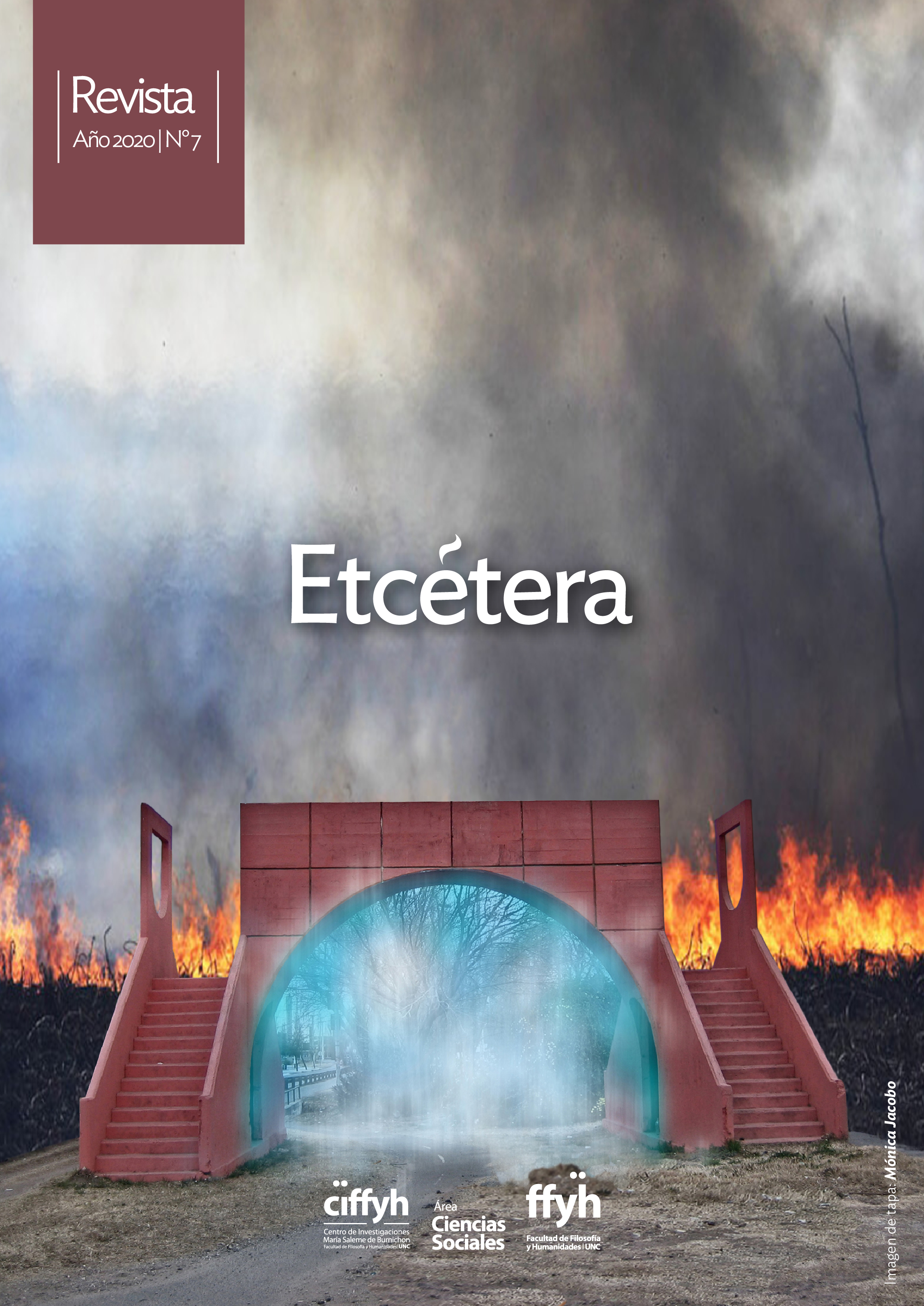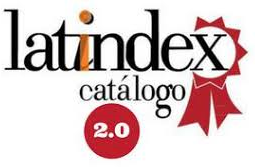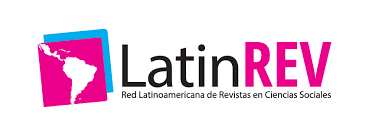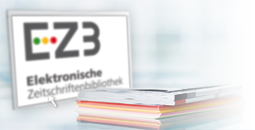What happens (to us) (here-now)
Keywords:
posperformance, arts, virtuality, corporality, representationAbstract
Written in the context of the pandemic by Covid-19, in this text I propose an attempt to think about how certain artistic practices are affected by their migration towards virtuality, and the ways to adapt them to this situation. The virtual becomes (more) real, without leaving behind its intangibility, although it carries with it the inconvenience of losing much of what is represented. I differentiate here between the visual arts and the body arts, specifically performance. In this case, the representation techniques only make possible a flat, two-dimensional space and, even though they maintain the temporal dimension, they can only operate with field limitations, besides not being able to encompass other senses. Even though the pandemic makes this migration to virtuality possible and the geophysical ubiquity is no longer limiting, they do not allow the interaction of coexistence.. On the other hand, I reflect on the particularities raised around two personal experiences: 1) Moebius Performance, an artistic project; and 2) Habeas Corpus Performance, a management project; both carried out together with Patricia Valdez. In the first case, virtuality made possible complementary experiences to the previous path. For the second case, the virtual was an impediment, given the limitations regarding the wide range of poetics covered by performance art. In this sense, new instances of thought and action arise with respect to the future of practices in this artistic language that we call “postperformance”, a term proposed by Gustavo Blázquez.
Downloads
References
Olivera, E. (29 de agosto de 2019). En la sociedad de consumo, hasta la intimidad del dolor extremo se vuelve integrable. Télam. Buenos Aires. En línea en: https://www.telam.com.ar/notas/201908/388182-elena-oiveras-nuevo-libro-la-cuestion-del-arte-en-el-siglo-xxi.html. Consultado en octubre 2020.
Schechner, R. (2012). Estudios de la representación. Una introducción. México: Fondo de Cultura Económica.
Downloads
Published
Issue
Section
License
Copyright (c) 2020 Etcétera. Revista del Área de Ciencias Sociales del CIFFyH

This work is licensed under a Creative Commons Attribution-NonCommercial-ShareAlike 4.0 International License.
Aquellos autores/as que tengan publicaciones con esta revista, aceptan los términos siguientes:
- Los autores/as conservarán sus derechos de autor y garantizarán a la revista el derecho de primera publicación de su obra, el cuál estará simultáneamente sujeto a la Licencia de reconocimiento de Creative Commons que permite compartir, copiar, distribuir, ejecutar y comunicar públicamente la obra, siempre que: 1) se cite la autoría y la fuente original de su publicación (revista, editorial y URL de la obra); 2) no se use para fines comerciales; 3) En caso que se transforme o genere una obra derivada a partir de esta obra, deberá compartise bajo las mismas condiciones establecidas por esta licencia.
- Los autores/as podrán adoptar otros acuerdos de licencia no exclusiva de distribución de la versión de la obra publicada (p. ej.: depositarla en un archivo telemático institucional o publicarla en un volumen monográfico) siempre que se indique la publicación inicial en esta revista.
- Se permite y recomienda a los autores/as difundir su obra a través de Internet (p. ej.: en archivos telemáticos institucionales o en su página web) luego de la publicacion del articulo, lo cual puede producir intercambios interesantes y aumentar las citas de la obra publicada. (Véase El efecto del acceso abierto).
- El titular del copyright es Etcétera. Revista del Área de Ciencias Sociales del CIFFyH.



















